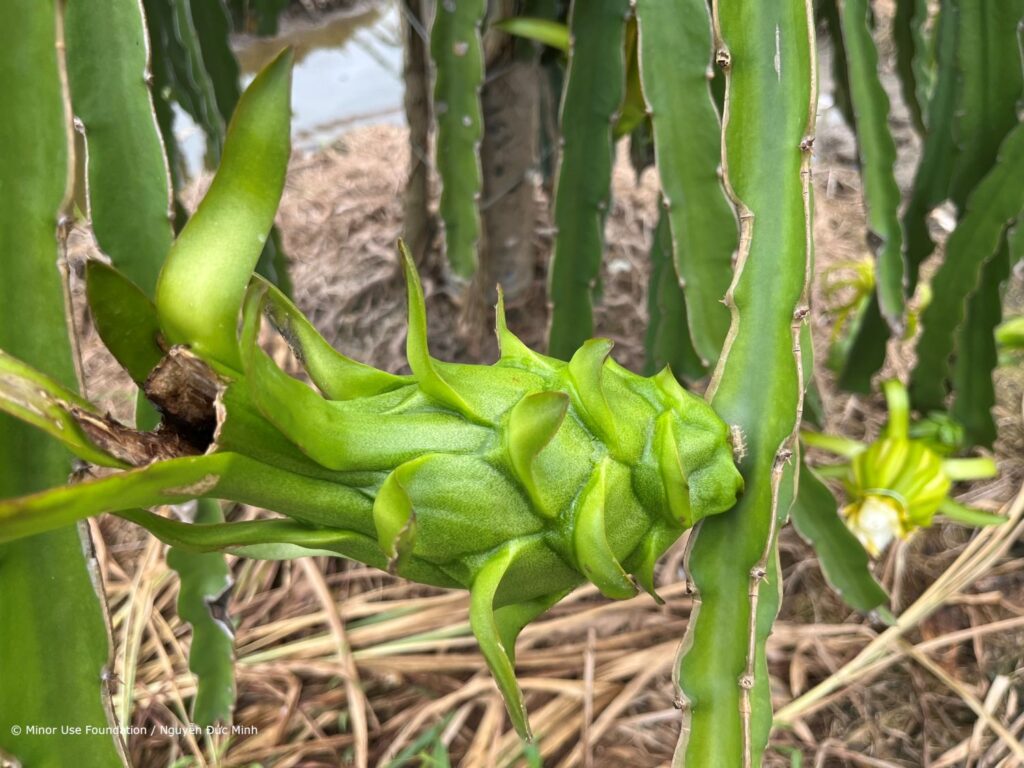Minor Use Foundation – which leads the SIANI Tropical Fruits Liaison expert group – has launched the 2025 Global Priority Setting Process, an effort to understand the most pressing needs in minor use crop protection worldwide. Read more about how the SIANI expert group is supporting this process. In the meantime, join the Council for Agricultural Science and Technology (CAST) and the Minor Use Foundation’s webinar presenting the results of this important consultation!
The one-hour webinar will bring together leading voices in agriculture, science, and regulatory systems to discuss how this data-driven process is shaping future crop protection strategies.
Featured Speakers Include:
- Dirk C. Drost, Chairman of the Minor Use Foundation and Managing Partner of D3 Consulting, LLC
- Chris Boomsma, CEO of the Council for Agricultural Science and Technology (CAST)
- Anna Gore, Executive Director of the Minor Use Foundation
- Verónica Picado, Study Director for Central America and the Caribbean, Minor Use Foundation
Specialty crops—including fruits, vegetables, herbs, and nuts—are economically vital yet often lack access to approved pest control technologies. The Global Priority Setting Process brings together input from thousands of growers, researchers, and regulators to guide collaborative efforts that help close that gap.
Webinar attendees will learn about:
- The results of the Foundation’s 2025 priority setting process
- The top pest and disease threats facing specialty crop growers
- Ongoing efforts to harmonize residue tolerances and expand access to safe, effective crop protection tools
About CAST
The Council for Agricultural Science and Technology (CAST) is a nonprofit organization that assembles, interprets, and communicates credible, science-based information on food and agriculture to policymakers, the media, and the public.
About the Minor Use Foundation
The Minor Use Foundation is a nonprofit organization dedicated to identifying and addressing the most urgent needs in specialty crop protection globally. The Foundation works to develop regulatory science infrastructure, improve harmonization of residue tolerances, and promote collaboration between growers, governments, and industry.
